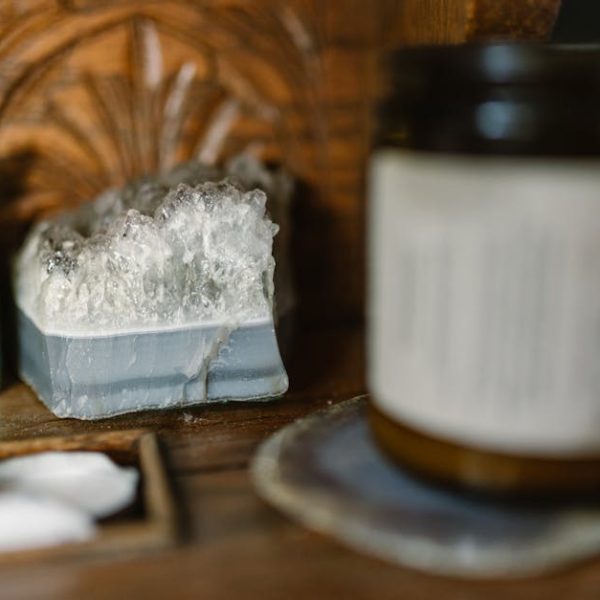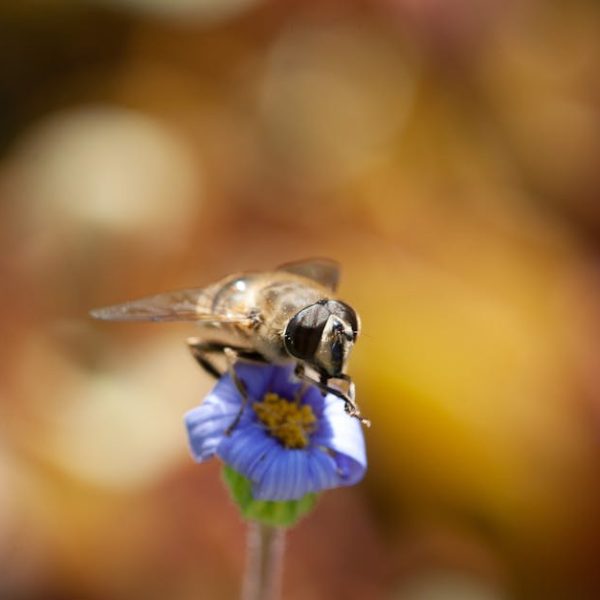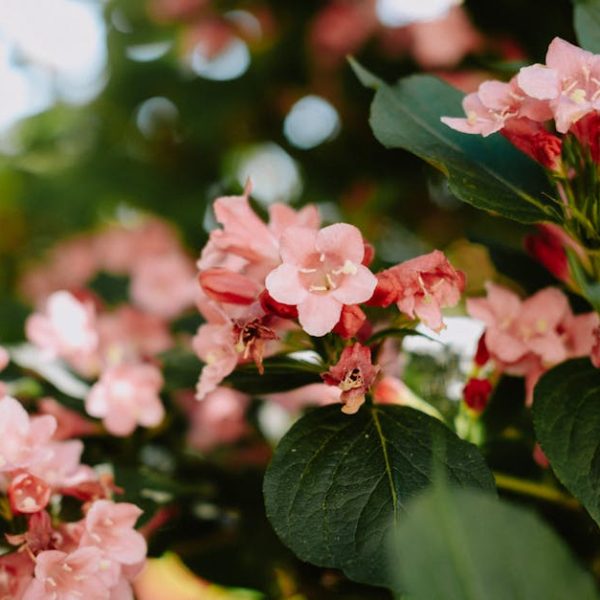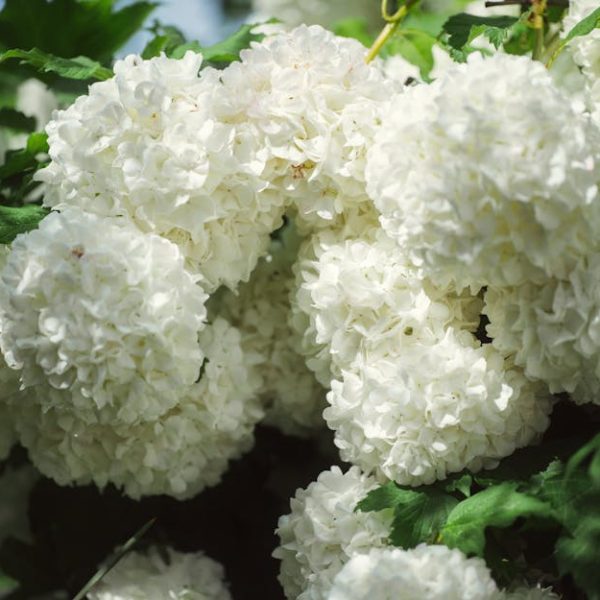Rather than discarding eggshells straight into the compost, it’s time to put them to work helping our blueberry plants thrive! Eggshells provide an unexpected but invaluable source of nutrients that blueberry plants need to grow strong and healthy.
Understanding the Benefits of Eggshells for Blueberry Plants
Blueberry plants are distinctive in their craving for acidic soil, and their nutritious intake differs significantly from other common plants. Eggshells, rich in calcium and a sprinkle of micronutrients, fit the bill and serve as an efficient supplement for a blueberry plant’s diet. These carton cast-offs also gradually break down, coherently adjusting the soil’s pH level, which is beneficial for acidic soil-loving blueberries.
Eggshells primarily provide these vital nutrients:
- Calcium
- Magnesium
- Potassium
- Phosphorus
Pro Tip: Start putting aside your eggshells in a dedicated container instead of discarding them. Rinse them lightly with warm water to eliminate any residual egg whites and let them dry naturally.
Preparing Eggshells for Blueberry Fertilizer
Getting your eggshells blueberry-ready is a straightforward process. Crushing the eggshells into a fine powder vastly increases the surface area, which, in turn, makes the nutrients more readily available for uptake by the plant roots. Baking the shells prior to crushing achieves two things – it makes the shells easier to crush and ensures that any residual egg is completely removed.
Here’s a handy checklist to prepare eggshells:
- Collect a decent amount of eggshells.
- Rinse and dry the shells.
- Bake them at 200°F (93°C) for 10 to 15 minutes.
- Once cooled, crush them into a fine powder.
Best Practice: Though there’s no strict measure for the right number of eggshells, adding one tablespoon of powdered shells to the soil in the plant’s drip zone once a month should suffice for a small, potted blueberry plant.
Applying Eggshell Fertilizer to Blueberry Plants
Applying your homemade eggshell fertilizer is as simple as can be! Incorporate the ground eggshells into your blueberry plants’ topsoil, ensuring you don’t disrupt the root systems. It’s best to apply the eggshell powder following the plant’s watering schedule. This approach aids in dissolving the shells more effectively, ensuring the plants can access these nutrients quickly.
| Eggshell Fertilizer | Commercial Fertilizer |
|---|---|
| — | — |
| Absorbed slowly, providing long-term nourishment | Quick nutrient boost |
| Natural, eco-friendly solution | May contain chemicals |
| Economical | Can be pricey |
| Requires preparation | Ready for immediate use |
Pro Tip: Use gentle hands while incorporating eggshells into the soil to avoid any inadvertent damage to the fragile roots. Stir the top layer of soil lightly without digging in too deep.
Maintaining Blueberry Plants with Eggshell Fertilizer
Over time, eggshell fertilizer contributes significantly to the long-term health and productivity of the blueberry plants. Being natural, the shells gradually break down, catering to the plant’s dietary needs over a more extended period.
Understanding potential signs of nutrient deficiencies can improve your plant’s health over time. Uneven or stunted growth, yellowing leaves, and poor fruiting could signal a deficiency of nutrients. On the other hand, just as overuse of commercial fertilizers could harm plants, there’s also the potential risk of providing too much of a good thing with an oversupply of eggshells.
Watch out for these potential signs of nutrient imbalance:
- Chlorosis (pale or yellow leaves)
- Wilting or drooping leaves
- Dark or burn-like spots on leaves
- Poor or delayed fruiting
Best Practice: Maintaining a balanced nutrient profile for your plants is key. Along with eggshells, other organic materials, such as coffee grounds and compost, can offer a more comprehensive feeding solution for your blueberries.
Exploring Other Uses of Eggshells for Gardening
Beyond blueberries, eggshells are a nutrient-rich, cost-effective, and eco-friendly gardening helper that can boost the growth of a wide variety of plants and trees. Eggshells’ benefit to gardens doesn’t stop at their nutritional content — from deterring pests to mulching, they are a handy tool in the gardener’s arsenal.
Eggshells can also be beneficial for these plants and trees:
- Tomatoes
- Peppers
- Roses
- Apple trees
- Citrus trees
Pro Tip: Ground eggshells can deter pests like slugs and snails thanks to their rough, sharp edges. They also make a fantastic addition to compost piles, contributing valuable minerals as they decompose. So next time you’re cracking eggs, consider storing those shells for your garden rather than binning them — your plants will thank you!
Key Takeaway:
- Eggshells carry vital nutrients like calcium, magnesium, potassium, and phosphorus which can augment the growth of blueberry plants.
- Preparing eggshells for use as plant food is straightforward – they need to be cleansed, baked, and crushed into a fine powder.
- Homemade eggshell fertilizer provides long-term nourishment, is eco-friendly, economical, and is applied once a month into the blueberries’ topsoil without disrupting the root systems.
- Regular monitoring of the plants for any signs of nutrient imbalance and maintaining a balanced nutrient profile is vital.
- Eggshells can be beneficial for other plants and trees too, and can deter pests, making them a valuable tool for gardeners.
Though using eggshells as homemade fertilizer for blueberry plants may require a bit of effort and patience, it’s an environmentally friendly and cost-effective way to ensure your plants flourish. This organic supplement not only boosts plant health but also provides a meaningful way to recycle kitchen waste. So, keep those eggshells and invest them back into your garden for a lush, thriving crop.
FAQs
Q: Can I use eggshells as fertilizer for plants other than blueberries?
A: Absolutely! While this article focuses on blueberries, many other plants including tomatoes, peppers, roses, and various trees can also benefit from eggshell fertilizer.
Q: How often do I need to add the eggshell fertilizer to the soil?
A: For small, potted blueberry plants, adding a tablespoon of powdered eggshells once a month should be sufficient.
Q: Can I use raw eggshells directly without baking and crushing them?
A: While you could use raw eggshells, baking and crushing them into a fine powder allows nutrients to be more readily available to the plants.
Q: Can eggshell fertilizer replace commercial fertilizers entirely?
A: Eggshell fertilizer is a great supplement, but it does not provide all the nutrients found in commercial fertilizers. It’s best to use it alongside other organic inputs like compost for a balanced diet.
Q: Can eggshell overuse harm my plants?
A: Yes, overuse of any single type of fertilizer can cause nutrient imbalances. Monitor your plants for any signs of distress and adjust your fertilizing routine as necessary.
Please share this article if it was helpful, and explore more posts on our website for additional gardening tips and ideas.






